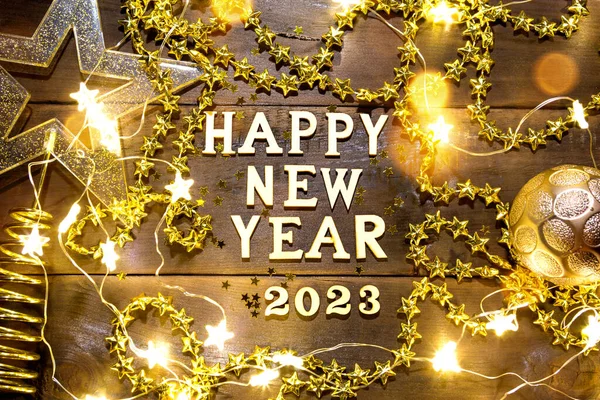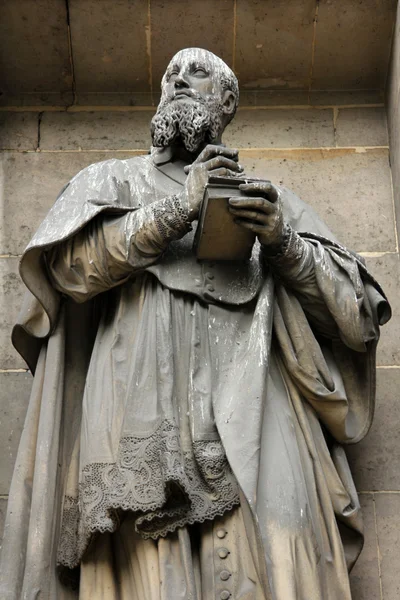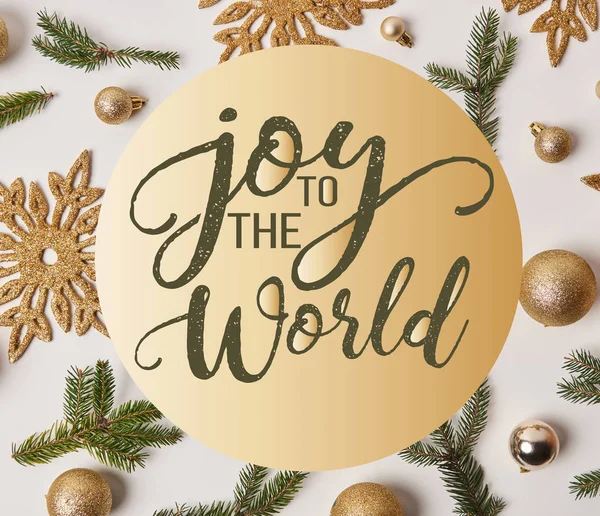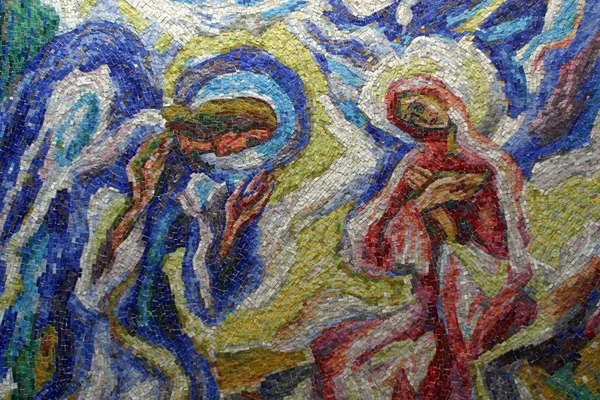
The New Year of 2023 has dawned. So begins The
eyes of the Believer Column in the Catholic Times.
The year 2023 has dawned. The word new year reminds the columnist of the feeling of life and hope more than anything else. Just like the words that make the heart flutter even when young people hear them, the same goes for the first day of the new year. Even though our bodies are mature and old, shouldn't we be young at heart? Like the white drawing paper that absorbs all the colors and becomes the basis for a beautiful painting, he hopes that this morning we too have a clean and generous heart that embraces the world and our neighbors.
If the end of last year was a time to let go of old things, New Year's Eve is a time to welcome new things. Between Yesterday and Today there is only a difference of one day, but a change in the year. Yesterday is like today, and today will be like yesterday, and yet change is orderly and unmistakable. This must be the providence of God the Creator.
When he thinks about time, the ancient Greek words 'Chronos' and 'Kairos' come to mind. Compared to Chronos, which is an objective, physical time that flows from the past-present-future, Kairos is a subjective and decisive time that experiences a special moment or change. In particular, from the perspective of the Hebrews, Kairos is the time that takes place in a relationship with God. Therefore, we Christians are beings living the Kingdom of God here and now in Kairos time.
At the start of the new year, everyone thinks about what and how to live this year. Based on such deliberation, yearly goals and plans are made. He remembers making a life plan before vacation in elementary school and showing it to the teacher. He drew a round circle in the shape of a clock on white drawing paper and filled it with a daily schedule. It's a daily schedule that is a miniature version of the annual plan, for the ambitious resolution for a year begins to fade with time unless we do something similar to what the teacher suggested.
Do you have plans for this year too? Whether it's a big step or a small step, the will to dream of something is the first step. It is not something to be disappointed and hesitant about even if you end up with a three-day resolution. This is because such trial and error is also the material that forms one's present. He recommends you do not worry about the future and start with small things and practice them.
The columnist wants to pat himself on the back with new hope in the new year as he enters his second year of retirement. Like the excitement of schoolchildren preparing for a picnic. Above all, he tries to practice reading, writing, and walking, which are his 'three pleasures of life' (人生三樂). Also, as a Christian, he needs to think more about his identity, church, and life of faith. What would Jesus say to him now and what practice would he be asked to do? He wants to get away from prayer and faith life only for himself and his family and turn his attention more to his neighbor and society.
"A bird does not look back as it flies. All the past, good or bad, is like a stone attached to your wings and hinders your journey in the present moment." He quotes a Korean poet to emphasize freedom after letting go. Yes. There is no need to mournfully look into the past, which will never come again. The past is just a time to remember and learn. The future comes hesitantly, and the present flies like an arrow. So, wouldn't it be important to act according to God's word in the living present? He hopes the New Year 2023 will be a time of giving and receiving much love in the grace of the Lord and in 'God’s Time Kairos'. Take care of your health with a rabbit-like smile, be harmonious with your family, and hope that everything you want bears fruit abundantly. May the Lord's blessings fill your home. Amen!





